It is a
pleasure to now be developing a keynote speech for China’s 2022 national
conference on music and arts education.
UPDATE (1 January 2023): Incredibly, this conference had 450,000 participants (online and live), with 272 paper presentations, and my keynote was viewed by 67,000 people.
UPDATE (12 October 2022): This conference has now been postponed by about two weeks (presumably due to pandemic restrictions) and there is now a new poster for it, which I am posting here (above the other one). I just learned that on the day after our keynote speeches there will be over 200 research presentations at this event! That is about the same size as major international conferences, and shows how significant China has become in the field of music research. I eagerly look forward to it.
UPDATE (18 September 2022): Below is the title and abstract for my keynote speech.
Why History
Matters for Music Education: Practical and Disciplinary Considerations
Abstract:
History matters
for music education in that it enables music teachers to apprehend the forces
that shape musical and educational conditions. Historical understandings also
enable teachers to convey an appreciation for cultural heritage, as well as
recognition of how performance practices evolve, along with judgements about
which aspects of music matter, and what features constitute “good” music. The
History Standing Committee (HSC) of the International Society for Music
Education (ISME), which I now Chair, is devoted to developing a global
perspective on music education history. My book Theory and Method in
Historical Ethnomusicology also demonstrates ways of producing an
anthropological understanding of how music education develops. Since 2000,
China has ascended in this field: traditional Chinese music has become more
robustly institutionalized in major conservatoires, music genres of minority
peoples have gained increasing attention, and China has even become a major
center for “western” art music. Music education research from China is also
growing in prominence, and it is encouraging to hear of Chinese research in the
history of music education. I notice that aesthetic education is a major
theme of this conference. In North America in the 1990s, praxialists shifted
attention away from aesthetics to active music-making in education, but their
arguments were based on Eurocentric definitions of “aesthetics,” and it is
interesting to learn how this is regarded in China today. From 2020, the
Covid-19 pandemic has disrupted education and international relations
worldwide, and its possible long-term impacts are unclear. History shows that
economic risks tend to reduce public support for arts, and pandemic conditions
have been a challenge for musicians worldwide. I will explore three questions:
(1) How did historical musicians gain broader appreciation for their art
during times of major disruption? (2) How is “aesthetic education” perceived
differently in different national-educational contexts?, and (3) How might
comparative-historical studies shed light on what has caused the recent
blossoming of music education in China, to help ensure these successes are
sustained far into the future?
Biographical
Profile:
David G. Hebert, PhD is a full Professor of Music
Education at Western Norway University of Applied Sciences, Bergen. There he
leads the Grieg Academy Music Education research group and manages the state-funded
Nordic Network for Music Education. He is also a Board member of the International
Society for Music Education, and Chair of its History Standing Committee. He serves
on editorial boards of several publications and has authored articles in 35
different professional journals. Professor Hebert has lectured for several
universities in China and currently holds a position as Honorary Professor with
the Education University of Hong Kong. He has served on doctoral supervisory
committees for universities in 13 countries, and has directed research projects
on each inhabited continent. He has produced edited volumes with such titles as
Advancing Music Education in Northern Europe, Patriotism and Nationalism in
Music Education, Music Glocalization: Heritage and Innovation in a Digital Age,
Theory and Method in Historical Ethnomusicology, and
Ethnomusicology and
Cultural Diplomacy. Several Chinese scholars contributed to his latest
book,
Comparative and Decolonial Studies in Philosophy of Education (forthcoming,
Springer press). With funding from the Norwegian Ministry of Foreign Affairs,
he is currently developing a music education PhD program in Uganda.
It is also nice
to see that an earlier book with Mikolaj Rykowski continues to be a “bestseller”
in the top 5% with Cambridge Scholars press.



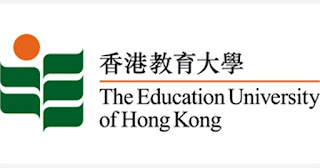
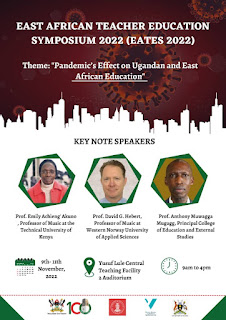


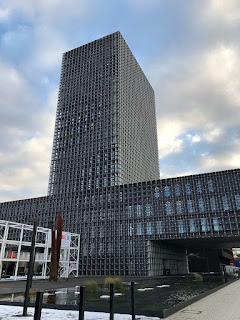


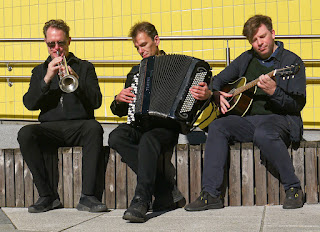






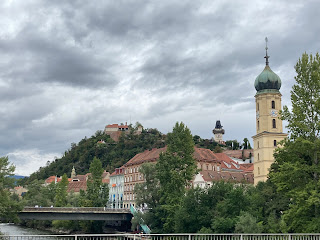


.jpeg)













 https://orcid.org/0009-0002-1446-3893
https://orcid.org/0009-0002-1446-3893























